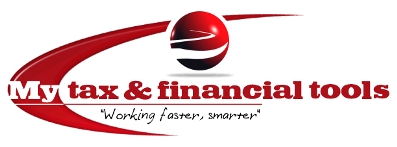Time Is Running Out for the $8000 First-Time Homebuyer Credit
You need to act soon if you want to take advantage of the $8,000 first-time homebuyer credit. This once-in-a-lifetime home purchase incentive only applies to purchases completed before December 1st of this year. Although this benefit is called a tax credit, it is actually a financial subsidy to help taxpayers purchase a home located in the U.S. It does not have to be repaid if the home is occupied as a principal residence for the first 36 months after its purchase. The credit is 10% of the cost of the home, up to a maximum credit of $8,000; therefore, nearly all qualified first-time homebuyers will be eligible for the $8,000 maximum, considering that homes selling for less than $80,000 are very rare in most parts of the country. If the credit exceeds your tax, you can claim a refund of the excess.
A taxpayer is considered a first-time homebuyer if he or she (and spouse, if married) had no present ownership interest in a principal residence in the U.S. during the three-year period before the purchase of the home to which the credit applies. However, this credit is not available to high-income taxpayers and begins to phase out for married couples with adjusted gross incomes (AGI) in excess of $150,000 and for unmarried taxpayers with AGI in excess of $75,000.
The credit is available on a taxpayer’s 2009 return or amended 2008 return, which means that the funds are not available until after the refund is received from either of those filings. This can be a problem for some potential buyers who have difficulty coming up with funds for the required down payment and closing costs. Recently, however, the Department of U.S. Housing and Urban Development announced that the Federal Housing Administration (FHA) will allow homebuyers to apply the $8,000 first-time homebuyer tax credit toward the purchase costs of an FHA-insured home.
FHA-insured home mortgages require a minimum 3.5 percent down payment, and under the terms of this modified policy, lenders can now monetize the tax credit for use as additional down payment or for other closing costs, which can help achieve a lower interest rate. In addition to the borrower’s own cash investment, FHA allows parents, employers and other governmental entities to contribute towards the down payment.




You must be logged in to post a comment.